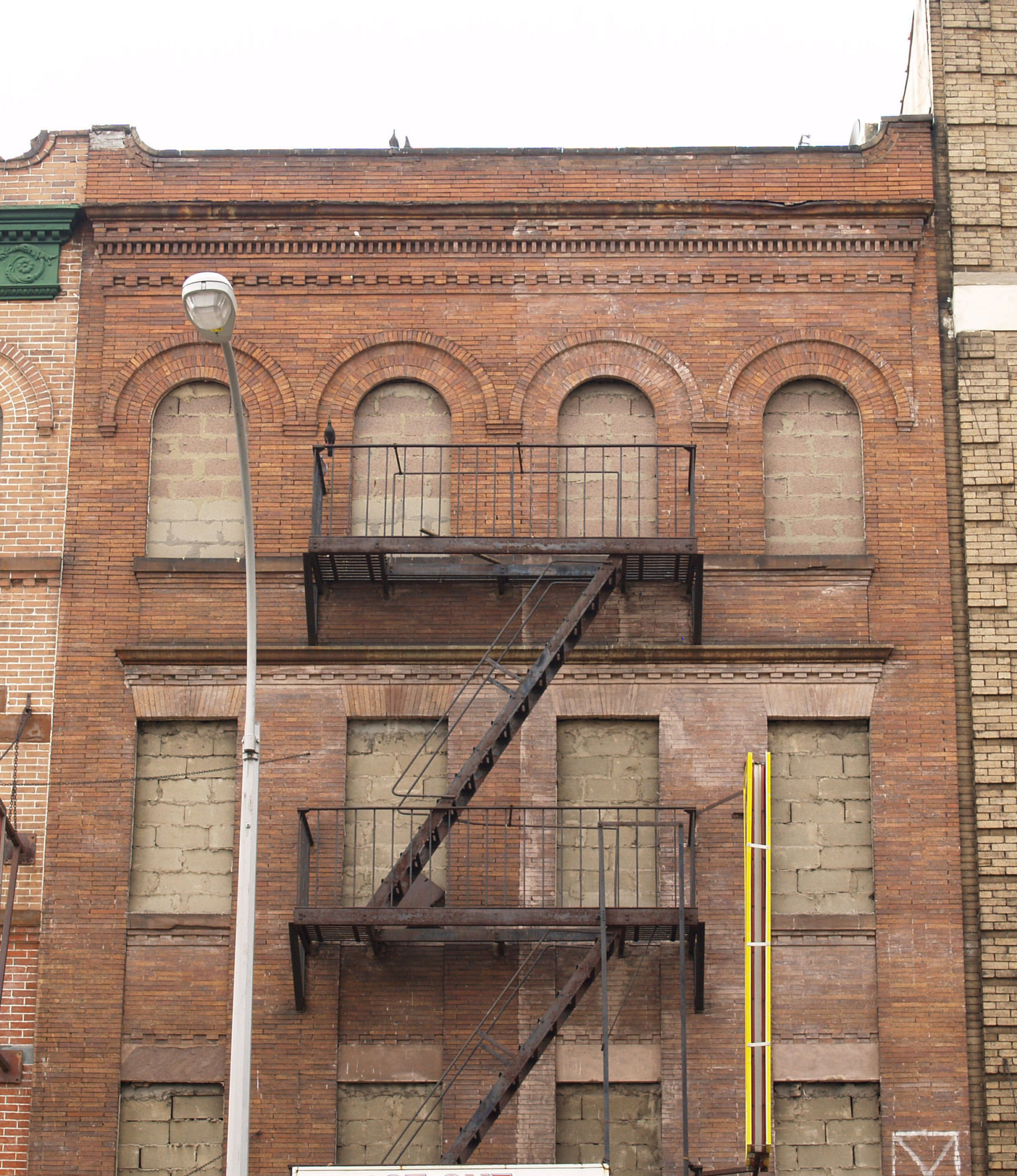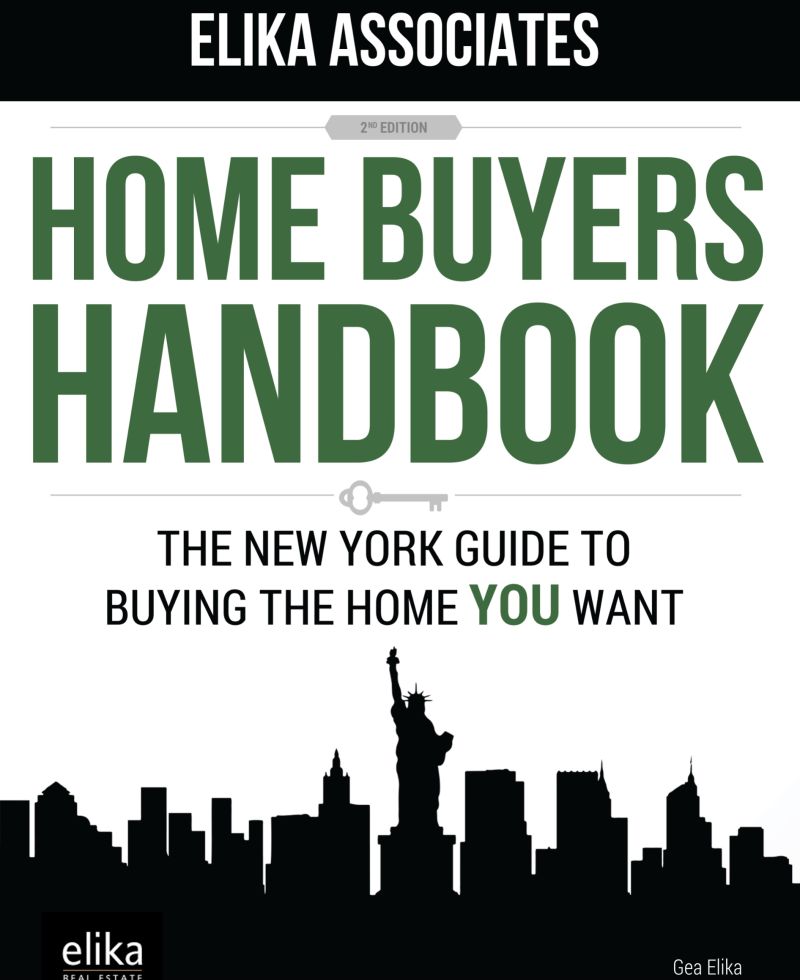Table of Contents Show
Buying a foreclosed home can be a bit of a double-edged sword. You stand to get a great deal, possibly a bargain on the one hand. Conversely, it can be a huge risk as you may have no idea of the property’s condition. As such, best to understand everything about the process before you get involved. It’s not a market segment for first-time buyers or beginner investors.
This article will cover all the basics of a foreclosure, the different ways to buy one, and how to navigate the process.
What is a Foreclosure?What is a Foreclosure?
A foreclosure is when a lender, usually a bank, moves to the property from an owner who has defaulted on their mortgage payments. Once the home has been entirely foreclosed on, the lender will try to recoup as much of their investment as possible by selling the home, usually at a marked-down price at auction. Their right to do so will be clearly stated in the mortgage agreement terms, which the borrower signs as part of the application process.
In New York State, the foreclosure process works as follows. After the first missed payment, the owner receives a notice that they are in breach of the loan’s terms and must pay to avoid foreclosure. A full 90 days must pass after the first payment is missed before the lender can begin foreclosure. During that time, they must also inform the homeowner on how they can receive help in paying off their mortgage fees. After 90 days, the lender can file Lis Pendens, a formal legal summons and complaint with the court. They will serve this to the homeowner either in person or by mail, and they’ll have 20-30 days to respond. From here, a long legal process may end in a trial, with the foreclosure being either dismissed or enforced.
Buying a ForeclosureBuying a Foreclosure
For a buyer looking to pick up a foreclosure, there are a few ways of going about it.
- Pre-Foreclosure Sale – The owner is more than 90 days late on their payments, and the lender has initiated foreclosure. They have three options, pay the amount owed, sell the property, or face foreclosure. Most choose to sell and use the proceeds to pay off the remaining mortgage.
- Short Sale – The owner wishes to sell because they can’t keep up with their mortgage payments. This is usually done when they owe more than the property is worth. The lender accepts a payoff that is less than what is owed and forgives the rest. Many banks find this an easier option than foreclosure despite the loss.
- Auction – The foreclosed home is put on public auction to be sold to the highest bidder. These are always all-cash purchases, and you may only have a week to a month to come up with the full balance before losing your deposit.
- REO Sale – If a property fails to sell at auction because no one bids the Plaintiff’s minimum, it reverts to Plaintiff, in this case, the bank. This makes it a real estate-owned property, meaning the bank owns it. Most are sold as quickly as possible through a local agency at a significant markdown. It’s not preferable as it makes the bank responsible for paying any liens and evicting occupants.
There are pros and cons to each approach. REO sales are the least risky as you can inspect the property before buying. However, they also come with the lowest returns and may require extensive repairs. Auctions are very high-risk and have high rewards. You could get a terrific deal or a money pit as you have no way to inspect the property before bidding. Short sales can be a good deal but are notoriously time-consuming. Pre-foreclosures can also be a good deal but attract many interested buyers.
5 Steps to Buying a Foreclosure5 Steps to Buying a Foreclosure
1. Hire a Real Estate Agent1. Hire a Real Estate Agent
Whatever approach you choose to take, buying a foreclosure can be long and complicated. To overcome this, find a real estate agent knowledgeable and experienced in handling foreclosure sales. They should also be familiar with the area you’re looking to buy in. Once you’ve acquired an agent, have them look for foreclosure properties that match your criteria. These listings can generate much attention from savvy investors, so expect a lot of competition and be ready to move quickly.
2. Get a Preapproval Letter2. Get a Preapproval Letter
While you might have heard that foreclosures can only be purchased all-cash, that’s not always the case. For short sales and REO properties, it is possible to finance the purchase with a mortgage. If this sounds like a route you’d like, the first step will be getting a pre-approval letter to show you’re serious about buying. Pre-approval letters show how much cash you can expect to borrow based on your credit score and income. It would be best if you spoke with a mortgage lender who understands your goals and can provide the necessary paperwork to fill out. Most loans of this type will require 10-20% down and come with a high-interest rate. But once you have one, you’ll be far better prepared, making for a more straightforward transaction.
This is also a good time to decide what kind of loan you want to get approved for. Most foreclosure properties will require a bit of TLC, so an FHA 203(K) loan may be the best option. These loans are perfect for foreclosures as they allow buyers to finance up to $35,000 for repairs.
3. Do a Comparative Market Analysis Before Buying3. Do a Comparative Market Analysis Before Buying
Knowing what to offer in a home can be more art than science. Your agent can run a comparative market analysis (CMA) to simplify things. This can determine what the property should be worth based on recent sales prices of comparable properties. It looks at several factors, including current home sales volume, tax assessment history, square footage, location, etc. Every real estate brokerage has its unique formula for working one out.
For buyers competing against cash offers, a good CMA can level the playing field by telling you what kind of offer to make. Remember that a CMA is not the same as an appraisal, which may come back with a different number than you did. You will cover any shortfall between your offer’s appraised value out of pocket.
4. Bid Higher If Other Foreclosures are Selling Quickly4. Bid Higher If Other Foreclosures are Selling Quickly
There’s no clear way to know the bank’s bottom line. If you’re seeing a lot of foreclosed homes selling in your area, you must work closely with your agent to craft the best offer. Your pre-approval letter (if financing) should be backed up by a minimum of contingencies. Most foreclosures are already heavily discounted, so bidding too low might be a bad start. When operating in a competitive market, you may have to offer the asking price or a little above to beat multiple bids.
5. Be Aware that You’ll be Buying the Foreclosed Home in ‘As-Is’ Condition5. Be Aware that You’ll be Buying the Foreclosed Home in ‘As-Is’ Condition
Experienced New York buyers will know this is ‘buyer beware‘ territory. This is never truer than foreclosures, always sold in ‘as-is’ condition. This means you’ll have no way to guarantee the property’s state. For all you know, it could be a total wreck and require as much cash as you’ve already paid for it to get it back up to code. It’s the leading risk factor with buying foreclosures and why experienced buyers should only handle them.
Foreclosures in New YorkForeclosures in New York
Final ThoughtsFinal Thoughts
For those willing to brave the risks, foreclosure investing can be a great way to pick up a bargain. The stakes are big, but the returns are great if you play your cards. The Foreclosure Process in New York State
